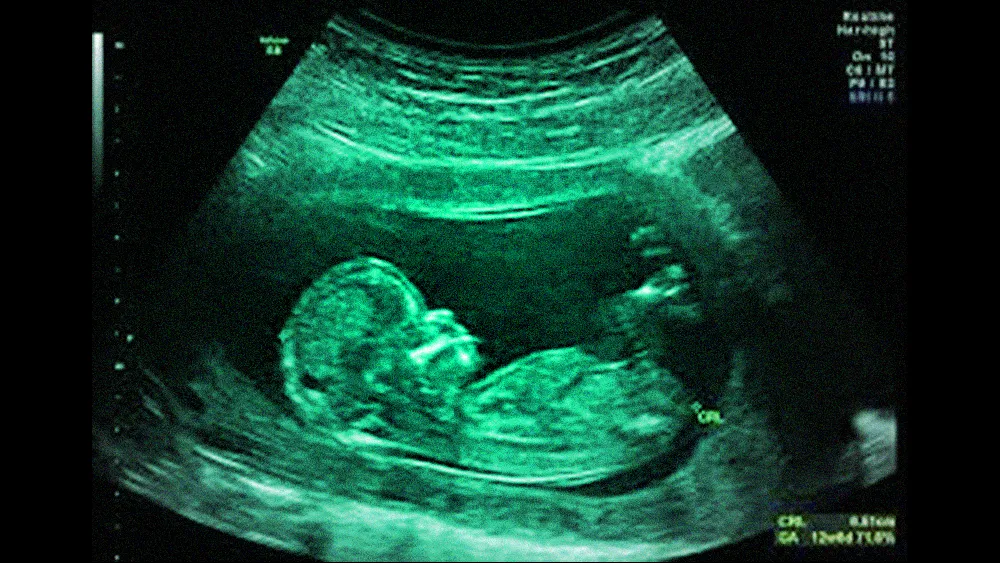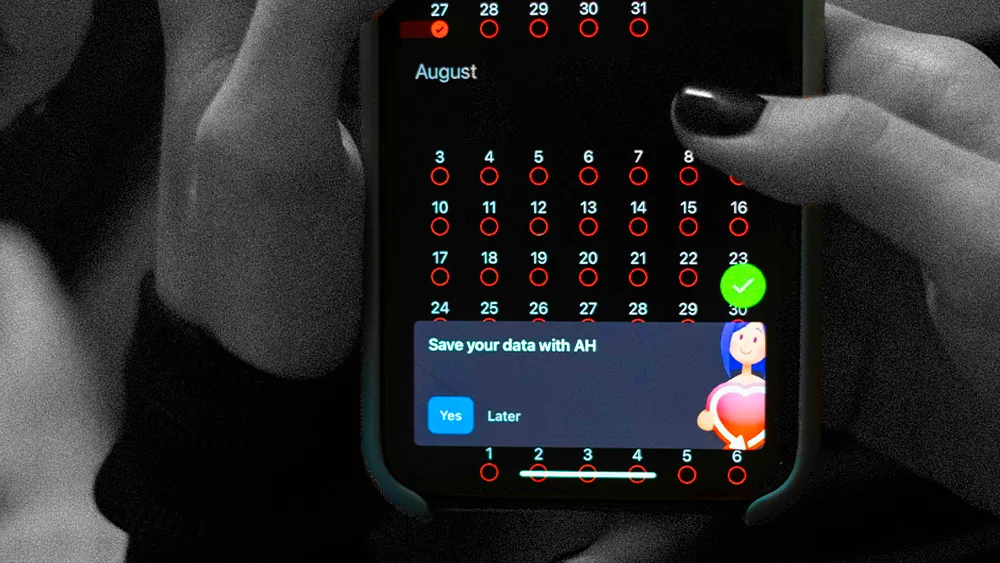Columbia University Fertility Center's AI system, STAR, enables a couple to achieve pregnancy after 19 years by identifying viable sperm in severe infertility cases.
STAR uses AI and a microfluidic chip to detect rare sperm cells, offering new hope for those with azoospermia.
The technology's success highlights AI's potential to address complex fertility challenges and reshape male infertility treatment.
A couple has achieved pregnancy after a 19-year effort, thanks to an innovative AI system called STAR from Columbia University Fertility Center that pinpoints viable sperm in men with severe infertility. The success offers a new avenue for those facing azoospermia, a condition previously leaving few paths to biological fatherhood.
Stargazing for sperm: Inspired by astrophysical methods for detecting new stars, STAR (Sperm Track and Recovery) uses an AI algorithm and a microfluidic chip to scan semen samples. The system identifies and isolates extremely rare sperm cells, even those missed by human technicians, for use in IVF.
A mother's journey: For "Rosie," 38, and her husband, the March 2025 conception followed 15 unsuccessful IVF cycles and years exploring limited options, including surgery. "There really was nothing else out there,” Rosie told Time. Now four months along, her pregnancy is reportedly progressing well, a reality she still finds hard to believe after so much disappointment.
Needle in a haystack: The technology's power was evident in testing when, as Dr. Zev Williams of Columbia explained, STAR found 44 sperm in an hour from a sample where embryologists found none after two days. This ability to gently recover ultra-rare sperm makes the previously near-impossible, possible.
Elsewhere in fertility tech: While still early, STAR's success demonstrates AI's potential to overcome complex biological hurdles in fertility, offering hope where little existed and potentially reshaping approaches to male infertility. Beyond sperm retrieval, AI is also being developed to assess embryo quality for IVF, potentially boosting success rates. Meanwhile, advancements aren't without scrutiny, as seen in legal challenges over some IVF testing procedures. Further research also suggests AI tools could enhance efficiency and consistency in IVF labs.
Reading Recap:







